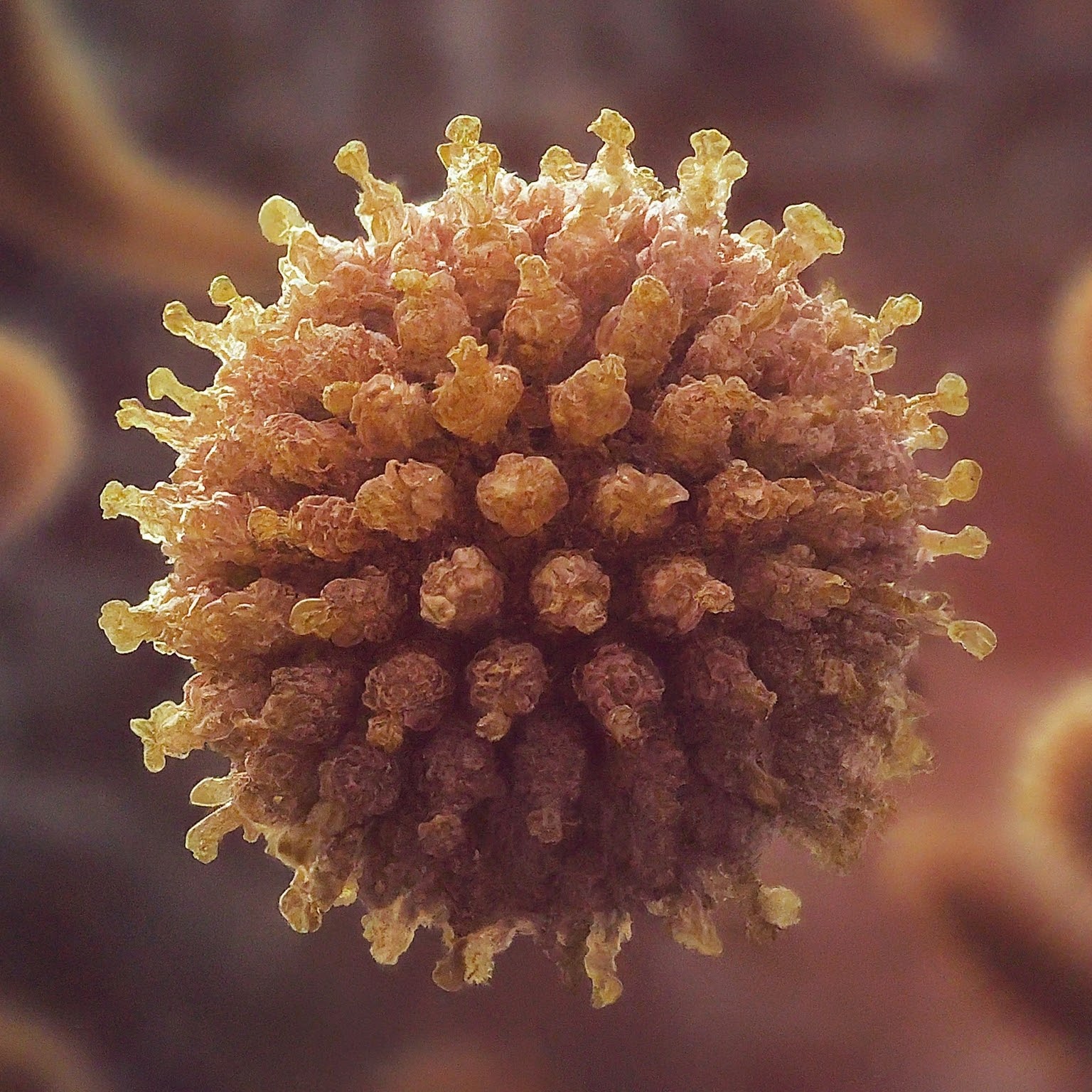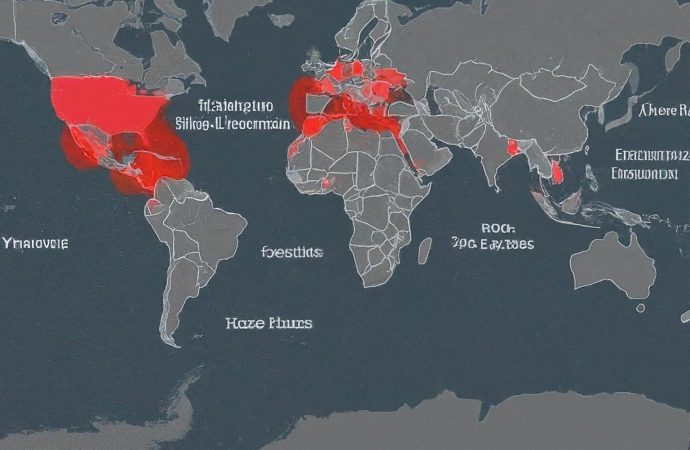Introducing Dr. Olivia Chen Dr. Olivia Chen, a seasoned epidemiologist with the World Health Organization (WHO), is on the frontlines of global health threats. With years of experience tracking infectious diseases, Dr. Chen works tirelessly to prevent outbreaks from escalating into devastating pandemics. The Silent Threat: Bird Flu’s Undercurrents Bird flu, also known as avian
Introducing Dr. Olivia Chen
Dr. Olivia Chen, a seasoned epidemiologist with the World Health Organization (WHO), is on the frontlines of global health threats. With years of experience tracking infectious diseases, Dr. Chen works tirelessly to prevent outbreaks from escalating into devastating pandemics.
The Silent Threat: Bird Flu’s Undercurrents
Bird flu, also known as avian influenza, is a respiratory illness that primarily infects birds. While some strains pose little threat to humans, others, like H5N1, can be highly contagious and deadly. The concern lies in the virus’s potential to mutate and become transmissible between humans, sparking a global pandemic.
Disease Detectives: Guardians of Global Health
A global network of disease detectives, like Dr. Chen, plays a critical role in identifying and containing outbreaks. These experts work diligently across various organizations like the WHO, national health agencies, and research institutions. Their tasks include:
- Surveillance: Monitoring animal populations and human cases for signs of the virus.
- Rapid Response: Quickly investigating outbreaks to understand their origin and spread.
- Contact Tracing: Identifying and monitoring people who may have been exposed.
- Public Health Measures: Implementing control measures like quarantine and isolation to limit the virus’s spread.
Unveiling the Enemy: Understanding Bird Flu
Bird flu primarily spreads among birds through contact with infected bodily fluids. The virus can also spread to humans through close contact with infected birds or contaminated environments. It’s crucial to understand the key characteristics of bird flu:
| Feature | Description |
|---|---|
| Transmission | Primarily through birds, with potential for human-to-human transmission depending on the strain. |
| Symptoms (in humans) | Fever, cough, fatigue, muscle aches, and difficulty breathing. |
| Treatment | Antiviral medications can be effective if administered early. |
| Prevention | Avoiding contact with sick birds and their environments, practicing good hygiene, and getting vaccinated (if available). |

Picture by: Google Gemini
A Race Against Time: Containing the Outbreak
When a bird flu outbreak occurs, disease detectives act swiftly to contain it. Here’s a glimpse into the strategies they employ:
- Culling Infected Birds: This is a difficult but necessary step to prevent further spread among bird populations.
- Movement Restrictions: Limiting the movement of poultry and poultry products can help control the outbreak’s geographical reach.
- Vaccination Programs: Vaccinating poultry can significantly reduce the risk of infection and transmission.
- Public Health Communication: Educating the public about bird flu, its symptoms, and preventive measures plays a vital role.
Our Role: What You Can Do to Help
While disease detectives lead the fight against bird flu, we all have a part to play. Here’s how you can contribute:
- Practice good hygiene: Frequent handwashing and avoiding contact with sick people are essential for preventing the spread of any virus.
- Stay informed: Follow updates from reliable sources like the WHO and national health agencies.
- Report sick birds: If you encounter sick or dead birds, report them to the appropriate authorities.
- Support Public Health Efforts: Advocate for strong public health systems and research initiatives to combat infectious diseases.
Beyond Bird Flu: Building Resilience for the Future
The constant threat of bird flu and other emerging diseases highlights the importance of global collaboration and preparedness. By investing in robust surveillance systems, developing effective vaccines, and educating the public, we can build resilience and better respond to future health threats.
Remember: Dr. Chen and countless other disease detectives are dedicated to safeguarding global health. By staying informed, taking preventive measures, and supporting public health efforts, we can all contribute to a healthier future.
















